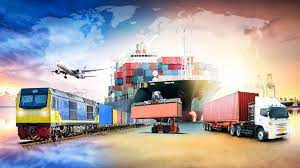1. Vocabulary for Unit 7. Environmental Protection
1.1. Vocabulary for Lesson 1. GETTING STARTED
carbon dioxide
carbon dioxide (np) đi ô xít các bonForests help release oxygen and absorb carbon dioxide.
(Rừng giúp thải ra khí ô xy và hấp thụ khí các bon níc.)
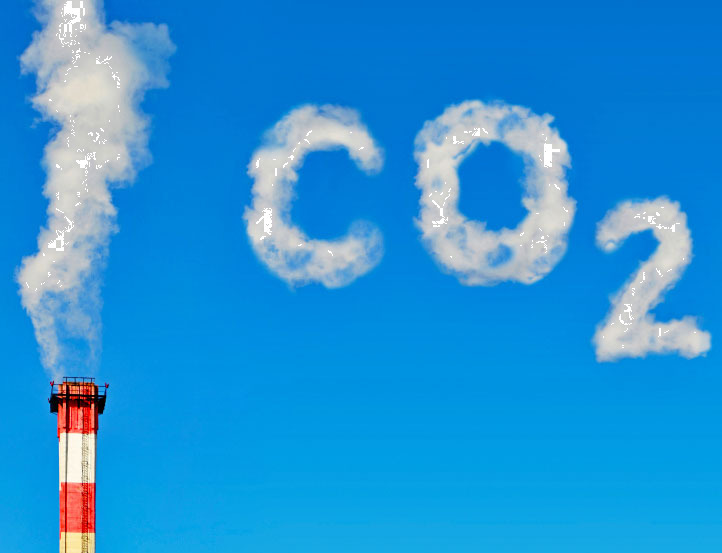
carbon footprint
/ˌkɑːbən ˈfʊtprɪnt/ (np) dấu chân các bonThe carbon footprint of U.S. households is about 5 times greater than the global average.
(Dấu Cacbon tại các hộ gia đình ở Mỹ gấp 5 lần trung bình toàn cầu.)
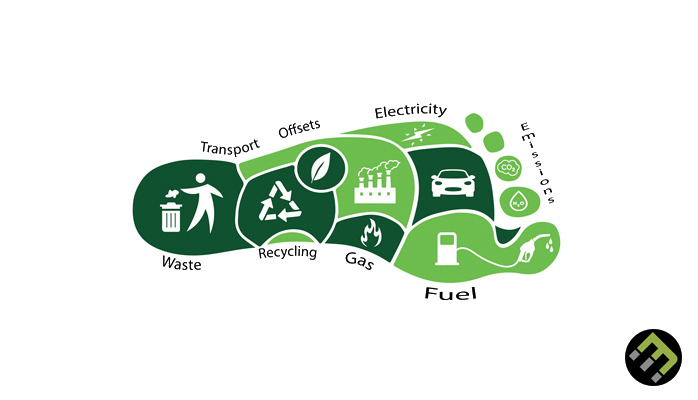
coral
/ˈkɒrəl/ (n) san hôMany species of corals as well as sea turtles, dolphins, and endangered dugongs live here as well.
(Nhiều loài san hô cũng như rùa biển, cá heo và cá nược có nguy cơ tuyệt chủng cũng sống ở đây.)
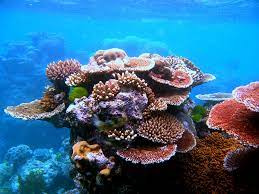
dugong
/ˈdjuː.ɡɒŋ/ (n) con cá húi, bò biểnMany species of corals as well as sea turtles, dolphins, and endangered dugongs live here as well.
(Nhiều loài san hô cũng như rùa biển, cá heo và cá nược có nguy cơ tuyệt chủng cũng sống ở đây.)
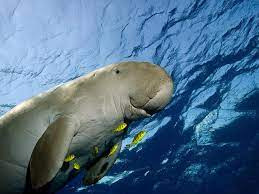
ecosystem
/ˈiːkəʊsɪstəm/ (n) hệ sinh tháiThe ecosystem here is very diverse with thousands of species, including marine animals.
(Hệ sinh thái ở đây rất đa dạng với hàng ngàn loài, bao gồm cả động vật biển.)
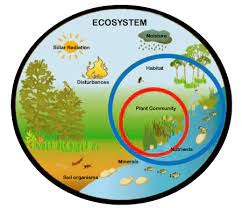
endangered species
/ɪnˈdeɪn·dʒərd ˈspi·ʃiz/ (np) các loài động vật có nguy cơ bị tuyệt chủngWe can volunteer at some local environment programmes to save endangered species.
(Chúng ta có thể tình nguyện tham gia một số chương trình môi trường địa phương để cứu các loài có nguy cơ tuyệt chủng.)
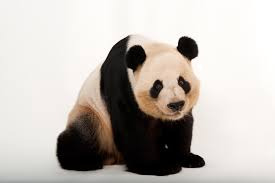
extinction
/ɪkˈstɪŋkʃn/ (n) sự tuyệt chủng, tuyệt diệtEndangered species are animals in the wild that face a high risk of extinction.
(Các loài có nguy cơ tuyệt chủng là những động vật trong tự nhiên phải đối mặt với nguy cơ tuyệt chủng cao.)
habitat
/ˈhæbɪtæt/ (n) môi trường sốngPollution and habitat loss, I think.
(Tôi nghĩ là ô nhiễm và mất môi trường sống.)
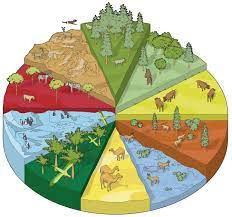
oxygen
/ˈɒksɪdʒən/ (n) khí ô-xiMars lacks oxygen to support human life.
(Sao Hỏa thiếu oxy để hỗ trợ sự sống của con người.)
participate
/pɑːˈtɪsɪpeɪt/ (v) tham giaWhat clubs do you participate in?
(Bạn tham gia câu lạc bộ nào?)

product
/ˈprɒdʌkt/ (n) sản phẩmMai wants to learn more about farm products.
(Mai muốn tìm hiểu thêm về nông sản.)

protect
/prəˈtekt/ (v) bảo vệWhat should we do to help protect our environment?
(Chúng ta nên làm gì để giúp bảo vệ môi trường của chúng ta?)
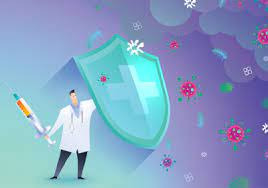
release
/rɪˈliːs/ (v) thải ra, làm thoát raBad gases are being released into the air.
(Khí xấu đang được thải vào không khí.)
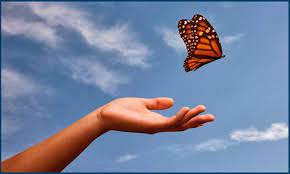
resident
/ˈrezɪdənt/ (n) người dân, dân cưIt helps raise the awareness of local residents about the importance of nature.
(Nó giúp nâng cao nhận thức của cư dân địa phương về tầm quan trọng của thiên nhiên.)
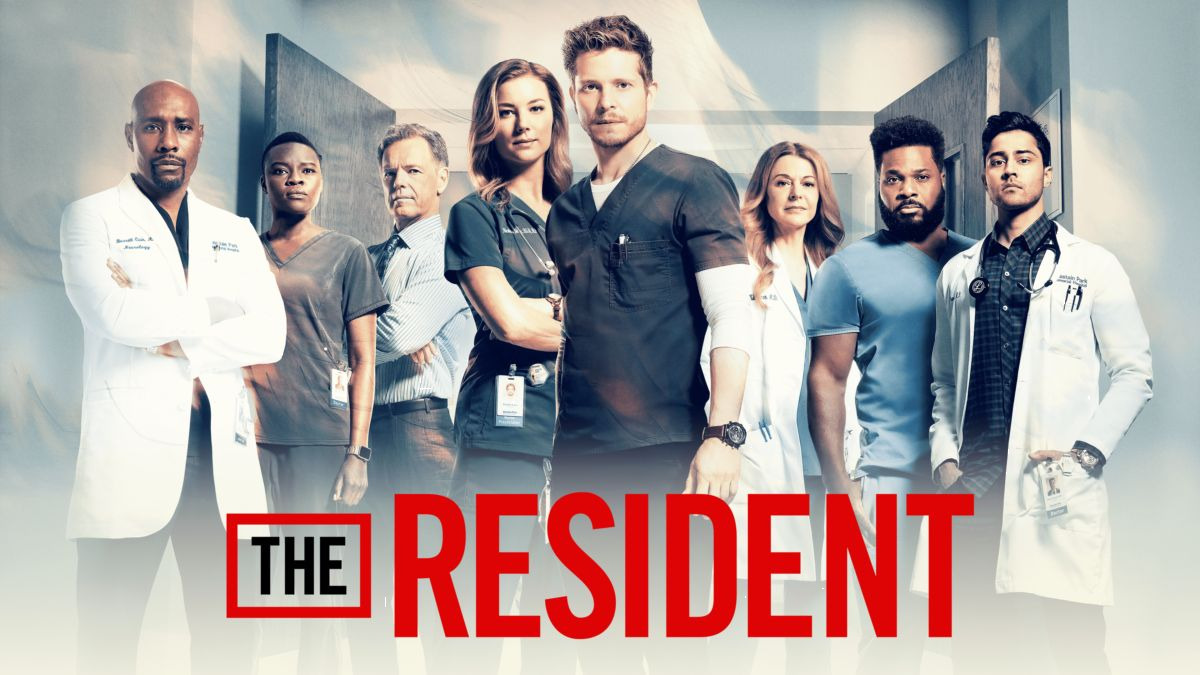
single-use
/ˌsɪŋ.ɡəlˈjuːs/ (adj) sử dụng một lầnYou should try to avoid using single-use products, like plastic bags, and stop littering.
(Bạn nên cố gắng tránh sử dụng các sản phẩm sử dụng một lần, như túi nhựa và ngừng xả rác.)
species
/ˈspi·ʃiz/ (n) giống, loài động vậtForests provide homes for many species.
(Rừng cung cấp nhà cho nhiều loài.)
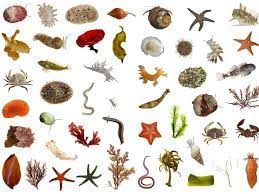
substance
/ˈsʌbstəns/ (n) chấtSometimes toxic substances flow into rivers from factories.
(Đôi khi các chất độc hại chảy ra sông từ các nhà máy.)
toxic
/ˈtɒk.sɪk/ (adj) độc hạiYou’ll be cleaning up toxic waste.
(Bạn sẽ dọn dẹp chất thải độc hại.)
turn off
/tɜːn ɒf/ (phr.v) tắtShe turned off her mobile phone
(Cô ấy đã tắt điện thoại di động của mình.)

plant
/plɑːnt/ (n/v) cây trồng, trồng câyWe can plant more trees in our neighbourhood.
(Chúng ta có thể trồng nhiều cây hơn trong khu phố của chúng ta.)
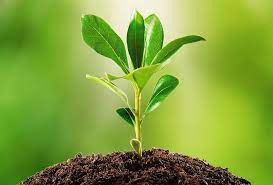
pollution
/pəˈluːʃn/ (n) ô nhiễmPollution is a serious problem everywhere.
(Ô nhiễm là một vấn đề nghiêm trọng ở mọi nơi.)
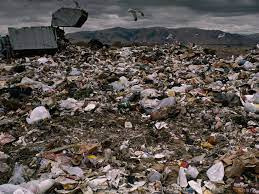
reduce
/ri'dju:s/ (v) cắt giảmYou can reduce your stress by writing down your problems.
(Bạn có thể giảm căng thẳng bằng cách viết ra các vấn đề của mình.)
plastic rubbish
/ˈplæs.tɪk ˈrʌb.ɪʃ/ (np) rác thải nhựaPlastic rubbish causes pollution.
(Rác nhựa gây ô nhiễm.)
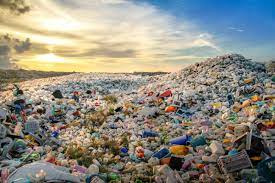
renewable source
/rɪˈnjuː.ə.bəl sɔːs/ (np) nguồn tài nguyên tái tạoWhich of the following is a renewable source?
(Cái nào sau đây là một nguồn tái tạo?)
water pollution
/ˈwɔː.tər pəˈluː.ʃən/ (n) ô nhiễm nướcWe should avoid dumping waste into lakes and rivers to reduce water pollution.
(Chúng ta nên tránh đổ chất thải vào hồ và sông để giảm ô nhiễm nước.)
transport
/ˈtrænspɔːt/ (n) phương tiện giao thôngThe dogsled is still used as a means of transport in Alaska today.
(Xe chó kéo vẫn được sử dụng như một phương tiện giao thông ở Alaska ngày nay.)
